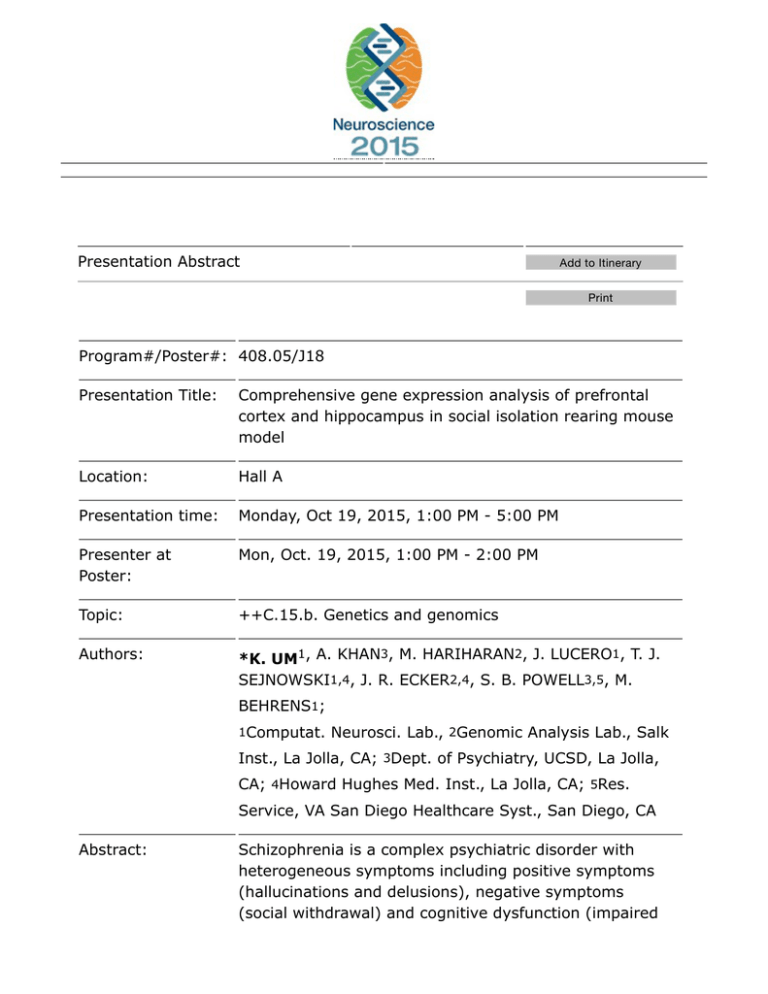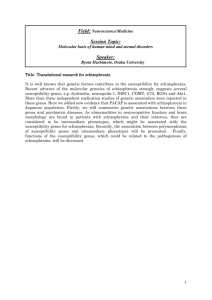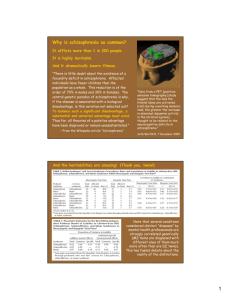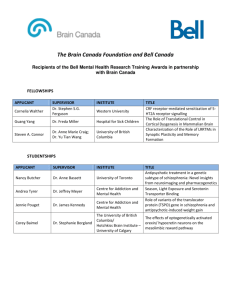
Presentation Abstract
Add to Itinerary
Print
Program#/Poster#: 408.05/J18
Presentation Title:
Comprehensive gene expression analysis of prefrontal
cortex and hippocampus in social isolation rearing mouse
model
Location:
Hall A
Presentation time:
Monday, Oct 19, 2015, 1:00 PM - 5:00 PM
Presenter at
Poster:
Mon, Oct. 19, 2015, 1:00 PM - 2:00 PM
Topic:
++C.15.b. Genetics and genomics
Authors:
*K. UM1, A. KHAN3, M. HARIHARAN2, J. LUCERO1, T. J.
SEJNOWSKI1,4, J. R. ECKER2,4, S. B. POWELL3,5, M.
BEHRENS1;
1Computat.
Neurosci. Lab., 2Genomic Analysis Lab., Salk
Inst., La Jolla, CA; 3Dept. of Psychiatry, UCSD, La Jolla,
CA; 4Howard Hughes Med. Inst., La Jolla, CA; 5Res.
Service, VA San Diego Healthcare Syst., San Diego, CA
Abstract:
Schizophrenia is a complex psychiatric disorder with
heterogeneous symptoms including positive symptoms
(hallucinations and delusions), negative symptoms
(social withdrawal) and cognitive dysfunction (impaired
learning and memory). Despite the rapidly increasing
number of studies, pathophysiological mechanisms of
schizophrenia remain elusive. To delineate the molecular
events in schizophrenia, we performed comprehensive
gene expression profiling and gene network analyses by
rearing mice in social isolation from weaning, a
preclinical neurodevelopmental model of schizophrenia.
By single base level transcriptome analysis, we identified
differentially expressed genes in the prefrontal cortex
and hippocampus of socially isolated mice in the initial
stages of post-weaning social isolation compared to
group-housed control mice. Among these differentially
expressed genes, 11 genes are common to both
prefrontal cortex and hippocampus. Interestingly, a
majority of the common genes are immediate early
genes including Fos, Arc and Npas4, which suggests that
brief social isolation elicits acute stress responses.
Pathway analysis and disease network analysis of
differentially expressed genes by Ingenuity Pathway
Analysis tools indicated that they are involved in nNOS
signaling and epileptic seizures, respectively, in both
brain regions. To further study chronic responses to
social isolation, we are currently examining brain
transcriptome by RNA sequencing and a battery of
schizophrenia-relevant behavior tests following longterm social isolation. Mice housed in social isolation
through adolescence display behaviors relevant to
schizophrenia, including deficits in prepulse inhibition of
startle and impaired contextual fear conditioning. This
study will help us facilitate understanding possible
molecular mechanisms involved in schizophrenia and
provide the basis for new biomarkers and improved
treatment possibilities.
Disclosures:
K. Um: None. A. Khan: None. M. Hariharan: None. J.
Lucero: None. T.J. Sejnowski: None. J.R. Ecker:
None. S.B. Powell: None. M. Behrens: None.
Keyword (s):
SCHIZOPHRENIA
GENE EXPRESSION
BRAIN
Support:
NIH grant MH094670
NIH grant MH091407
Note: When adding items to your Itinerary, please click "Add Checked Selections to
My Itinerary" on EACH page of your search results.
At the Meeting
Sessions/Events
Abstracts
Registration
Hotel/Travel
Exhibits
Fellowships, Awards, and Prizes
Frequently Asked Questions
CME
Access the SFN Member Center
OASIS Technical Support.
Monday - Friday, 9 am - 5 pm CT
Phone: 1-217-398-1792
Email: OASIS Helpdesk
Leave OASIS Feedback
The Online
Abstract
Submission and
Invitation
System
© 1996 - 2015
Coe-Truman
Technologies,
Inc. All rights
reserved.






